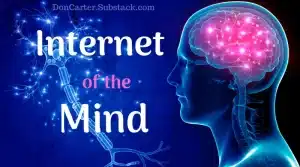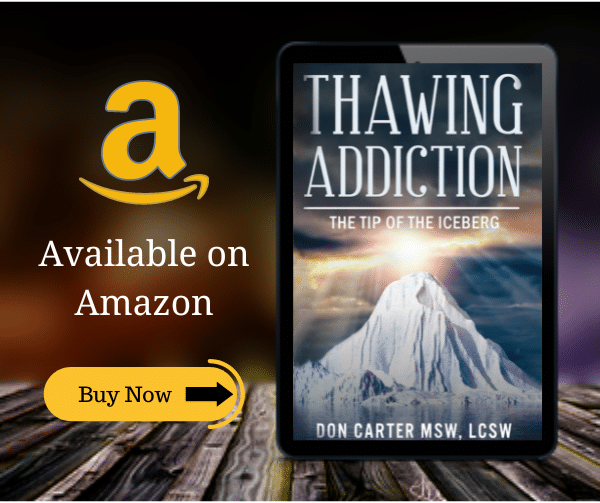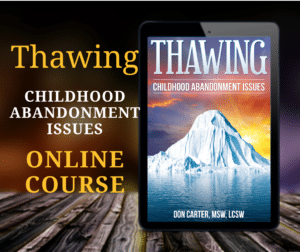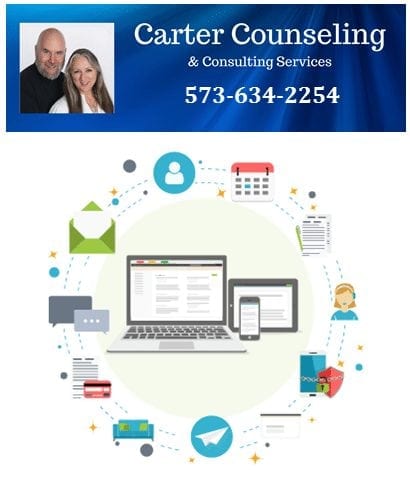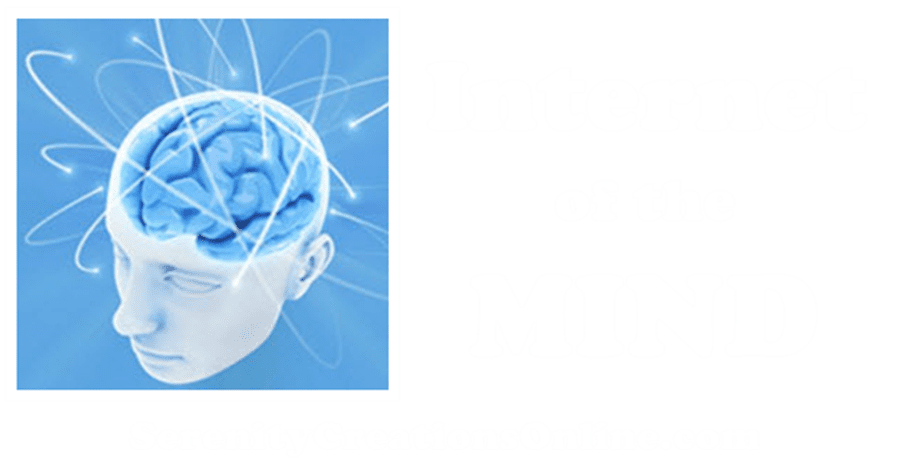
The Five Drivers & The Safety Net
The Five Drivers, play a big role in the development of the invented self and managing the impressions of others. The first five counter-injunctions listed below are known in TA as The Five Drivers because they “drive” us relentlessly, often underneath our awareness and against our will. Most, if not all, of the other counter-injunctions, can fit into one or a combination of the first five. Below is a video introducing each of the Five Drivers.
A video introduction to the Five Drivers
Drivers: aka Counter-Injunctions
The drivers and combinations of them are also known as counter-injunctions because they “counter” or neutralize the injunctions of childhood when obeyed. Obeying them keeps us from being triggered, which is why I refer to obedience to the “Safety Net.” When we stop doing these things we get triggered into the primary injunction it was created to neutralize (aka, defense mechanisms).
- “Be Strong”
- “Be Perfect”
- “Try Hard”
- “Please Others”
- “Hurry Up”
- “Work Hard” (“Try Hard + Please Others”)
- “Don’t ask for what you need” (“Be Strong + Try Hard”)
The five drivers do just that, they “drive” survival role behaviors by providing internal pressure in the form of anxiety and stress if and when they are disobeyed or resisted. This pressure may be reminiscent of the feeling of “being in trouble” with authority figures from childhood. Conversely, these Drivers provide a “Safety Net of Ok-ness” as long as we obey them. As long as we stay in the Driver behavior we can “feel somewhat ok” because the Five Drivers help us ward off the shame-based messages of the Critical Parent. For example:
- A Family Hero may be driven by an inner mandate to “Be Perfect & Be Strong” (Flashy Hero) or “Be Strong and Work Hard” (Responsible One).
- A Rebel may be compelled to play the “tough guy or gal” in obedience to a “Be Strong” counter-injunction. A Family Scapegoat may find themselves impulsively getting into trouble over and over again, no matter how “Hard they try” to “Please Others.”
- A Lost Child may find him or herself trapped in an abusive relationship as they carry out a compulsion to “Try Hard to Please Others and Hurry Up about it!”
- And a Family Mascot may take responsibility for making everyone else feel good by “Being Strong and Pleasing Others by Being Perfectly cute and/or funny,” thereby surrounding the family and others with a “Happy Bubble.”
The Five Drivers & the Safety Net:
Now, as long as the person can keep the mask of their Invented-Self on by fulfilling these five driver behaviors they can feel Okay. But as soon as they slip up and violate their inner mandate, even if only once, they can drop through the safety net of “Ok-ness” provided by the Driver behaviors into the territory of the False-Self where they experience feeling bad or “NOT Ok” anymore, also known as being “triggered” and known in TA as the “rubberband effect” because it’s like being “rubberbanded” back into a childhood experience.
Let’s say I am a flashy Family Hero. When people see me coming down the hall at school they say “Wow, that kid’s got it made! He’s captain of the football team, class president, an Eagle Scout, AND valedictorian!” Everybody loves me and thinks I am great. They are not aware that during my earlier years I received a “Don’t Exist” injunction from one of my parents. Over time, my observant “Little Professor” notices that both parents highly value doing things right the FIRST time and working hard. So, with the creativity of my Little Professor ego-state, I figure out a way to disobey the primary injunction for suicide by making a Compound Decision something like this: “I can exist, so long as I never make a mistake (Be Perfect) and work hard (Try Hard and Be Strong) all the time.
Now I find myself with my classmates on my senior trip. It feels very awkward to me because I have spent so much time working hard and being perfect that I never learned how to “do nothing” and “just have fun.” I do okay for a while because I “work hard” at succeeding socially, but finally, due to a lack of experience, I make a major social mistake. Others start laughing and pointing at me. Suddenly I feel very “NOT Ok” like a little kid who has been reminded he is nothing but a burden and “shouldn’t exist” until I can restore the Safety Net of my Driver behavior.
So, practicing the Five Driver behaviors means: “I can feel “Ok with me” only as long as I… (am Strong, being Perfect, Please Others, Try hard, and/or Hurry Up.)” When I am not able to keep up the Driver behavior, I am “triggered” into acting-out my “NOT Ok” feeling in one of the following ways (I) = I’m (U) = you’re (-) = NOT Ok (+) = Ok:
- Blaming (I+, U-): Externalizing the Not Okay feelings of abandonment, shame and contempt by entertaining Critical Parent (CP) self-talk about how the other(s) are “making you feel” that way. This stirs up the Angry/Defiant Child energy which mixes with the CP messages and is directed outward at the other(s). In this example, if I were to Externalize my Critical Parent messages I might get red in the face, tense my jaw and blame my friends, telling them that they are stupid for wanting to play such childish games all the time! Then punish them by staying in my room for the remainder of the trip (Magical thinking: “I’ll drink this poison and watch you die!”).
- Surrendering (I-, U+): Internalizing the NOT Okay feelings of abandonment, shame, and contempt by giving into the inwardly directed Critical Parent self-talk about how you are never going to get what you want/need, or how you are unlovable, unworthy, etc. This, of course, is experienced as Vulnerable/Needy Child energy. In this example, if I surrender to the Internalized Critical Parent I might hear a message like, “You are so stupid! How could you be so dumb?” and feel a sick feeling in my stomach. It might even spoil my whole trip as I isolate myself to my hotel room. (Magical Thinking: Catastrophizing; One little slip-up is a disaster!)
- Panicking (I-, U-): Simultaneously Internalizing and Externalizing the NOT Ok feelings of hopelessness, helplessness, and worthlessness of the futility position while experiencing Critical Parent messages about the “Not Ok-ness” of self, others, and the world at large (causing a sense of desperation and/or urgency from rapid cycling between Vulnerable Child energy and Angry/Defiant child energy). In this example, I may fall into a feeling of futility, hopelessness, and desperation, go to my room and have a panic attack while cycling through Vulnerable Child fear of abandonment and Angry Child contempt for my friends and Critical Parent humiliation and shame. (Magical Thinking: Can’t Thinking and Miserabilizing; “I can’t stand this! I just can’t go on anymore!”)

